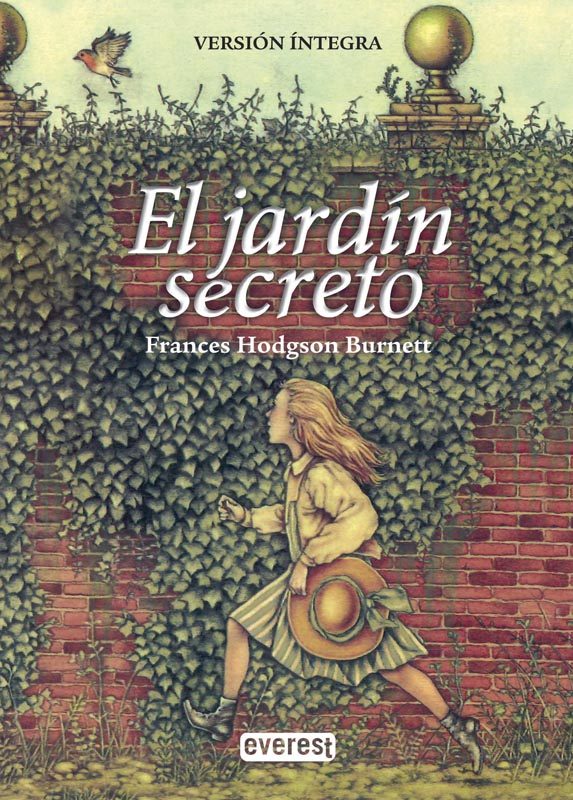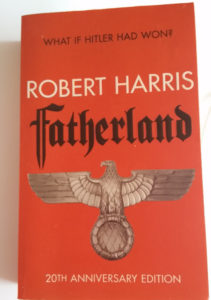Week 1, 2018
Turku, Finland
Book: The Secret Garden
Author: Frances Hodgson Burnett
Theme: Fantasy / children’s book
Thesis: Discovery of life by a 10 year old girl through a “secret garden”.
Read on: 28.12.2017
I confess that during the Christmas’s holidays I read this book twice. I started reading this book aloud to my niece. Then after some pages and afraid we will not have time to finalize the book, I read it all through on one night. Later my niece made sure that I before leaving I should finalize reading her the book. So I read it twice.
For me the books has many messages. Even that it was written over 100 years ago (the first one was originally published on 1911), its message I felt it current. The main character, Mary, is a 10 years old living in India. She is from a wealthy family ans she is mainly surrounded by servants. She might not be alone but she was lonely. Suddenly her life changes, when her parents passed away and she is taken under the custody of his uncle in England.
Once in the manor of his uncle, she started to gain awareness about life. She has several adventures and discover an important secret: a garden. Her life then start to be surround and connected to this garden.
That will be my very brief summary of the book. All the characters have something to contribute, e.g. Mary’s cousin, her “helper” and the brother of her helper, a gardener, her uncle….
Personally I think one can get immerse in the book and get a lot of messages from it. I read it in Spanish, and these two quotes are from my favorite ones:
“La magia funciona mejor cuando la haces to mismo.”
“Del capítulo XXVII – En el jardín”
Una de las cosas que la gente comenzó a descubrir ene l siglo pasado es que los pensamientos – solo simples pensamientos – son tan potentes como baterías elécticas, tan beneficiosos para uno como la la luz del sol, o tan malos como el veneno. Dejar que un pensamiento triste o uno malo se meta en tu mente es tan peligroso como dejar que se meta el microbio de la fiebre escarlatina en el cuerpo.”
Those were some of the reflections that I found fascinating and so current. In the following link there is many more quotes from the book. Also one can find an interesting analysis of the book on this link.
The only aspect that I did not like much was that at moments the descriptions of the landscapes were slightly long for my taste. However that does not subtract in any level the richness of enjoyment that the book brings. At least for my niece and myself there was a moment that we could not put the book down, we just wanted to keep on reading!
I highly recommend the book to anyone, and I wonder why I did not read it as a child?

Cover of the book I read, “The Secret Garden” in Spanish.
— cais



